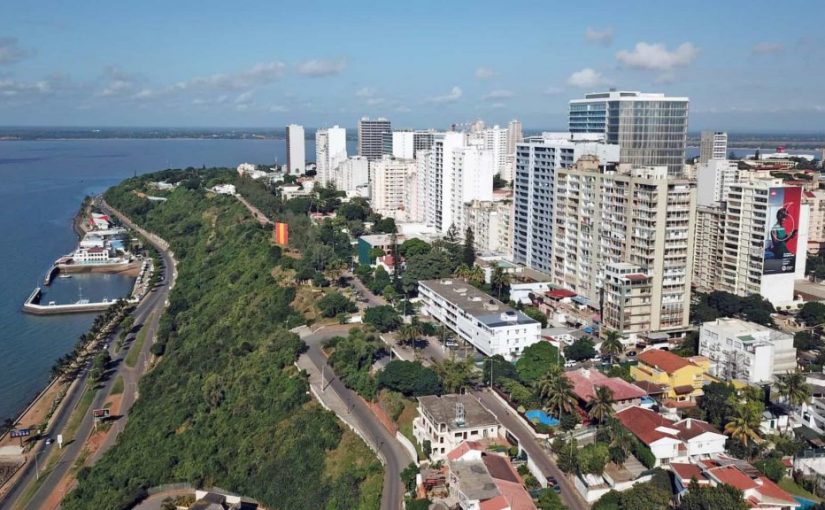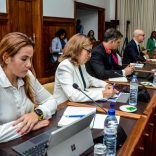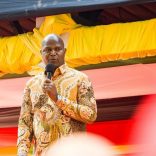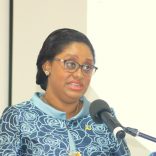Mozambique: Africa50 to finance construction of three power lines, a data centre
Mozambique: GDP in Q4 down almost 5% YoY due to post-election protests

File photo: Lusa
Mozambique’s government data shows that the economy fell by 4.87% year-on-year in the fourth quarter of 2024, a period marked by post-election protests.
“The Gross Domestic Product at market prices (GDPpm) showed a negative variation of 4.87% in the fourth quarter of 2024, when compared to the same period in 2023, totalling an accumulated [in the year] of 1.85%,” reads the budget execution report for last year from the Ministry of Finance.
The document said that the performance of economic activity in the fourth quarter of 2024 “is attributed, in the first place, to the secondary sector, with a negative variation of 8.87%, most notably the manufacturing industry with a variation of -11.14%”, followed by the electricity, gas and water distribution industry, which fell 4.55%, while construction had a negative variation of 4.09%.
In addition to the impacts of climate change, with severe droughts and cyclones battering the country, the document also acknowledged “the negative impact of the post-election demonstrations in the last quarter of 2024”, which “affected economic and social activities”.
Since the general elections on 9 October, Mozambique has been experiencing a climate of social unrest, aggravated by the announcements of the results of the vote, with demonstrations, street protests, barricades, road cuts, vandalisation and destruction of public facilities and businesses, looting and clashes with the police that have caused more than 300 deaths.
Mozambique’s government estimated that the country’s GDP should grow to 1.536 trillion meticais (around €23 billion) in 2024, corresponding to an increase of 5.5% in percentage terms.
According to the National Statistics Institute (INE) report on national accounts, previously published by Lusa, the Mozambican economy grew by 3.68% in the third quarter of 2024, driven by the mining industry.
According to the document, the Gross Domestic Product at market prices (GDPpm) showed a “positive variation of 3.68%” in the third quarter, compared to the same period in 2023, “totalling 3.80%” by the end of September.
The governor of the Bank of Mozambique, Rogério Zandamela, acknowledged at the end of January that the first quarter of this year was “almost lost” in terms of economic growth due to the prevailing post-election social unrest, forecasting modest growth for 2025.
“In our forecast, the first quarter would be (…) almost lost, let’s say, in the sense that we had a very difficult situation,” Zandamela pointed out, adding that “at best” Mozambique should record “zero or probably negative growth” until March.
“From the second quarter onwards, we expect that the economy will start to grow and, for the year as a whole, we expect (…) modest growth,” recognised the central bank governor, although he stressed that performance is dependent on the implementation of structural reforms in the country.
The governor spoke after the meeting of the Monetary Policy Committee (CPMO) of the Bank of Mozambique, which decided at the end of January to further cut the MIMO monetary policy interest rate from 12.75%, which had been in force since the end of November, to 12.25%. The banks’ mandatory reserve coefficients were also cut the economy.












Leave a Reply
Be the First to Comment!
You must be logged in to post a comment.
You must be logged in to post a comment.